Know About Sherpa People of Nepal

Know About Sherpa People: Guardians of the Himalayas
The Sherpa people are renowned for their incredible mountaineering skills and deep-rooted cultural traditions that have captivated the imagination of the world. Often recognized as the unsung heroes of the Himalayas, their contributions to mountaineering are unparalleled. This blog explores the Sherpa community, their homeland, why they are famous, their rich culture, festivals, and how to hire a Sherpa trekking guide. We also introduce Unique Sherpa Treks and Expedition, a company that specializes in offering immersive trekking, peak climbing, and mountaineering experiences in Nepal.
Sherpa People
Sherpa is an ethnic group from the most mountainous region of Nepal, high in the Himalayas. The term "Sherpa" translates to "eastern people," which refers to their origins in eastern Tibet. Historically, the Sherpas migrated from Tibet to Nepal over 500 years ago. Today, they are one of the most respected ethnic groups in Nepal, known for their strength, resilience, and expertise in the mountains.
Homeland of Sherpa
The homeland of the Sherpa people is the Solu-Khumbu district of Nepal, which encompasses the southern approaches to Mount Everest. This region is not only famous for its picturesque landscapes and challenging treks but also for its spiritual significance, with numerous monasteries and sacred sites spread throughout the area.
Why They Are Famous?
Sherpas are famous worldwide primarily for their exceptional mountaineering abilities. They are the preferred guides and partners for expeditions in the Himalayas due to their acclimatization to high altitude and their innate understanding of the mountainous terrain. Many Sherpas have been part of numerous successful Everest expeditions, and without their expertise, many of these would not have been possible.
Culture of Sherpa
Sherpa culture is a rich tapestry of Tibetan Buddhism and indigenous practices. Religion plays a significant role in daily life with prayer flags, mani stones (stones inscribed with prayers), and chortens (Buddhist shrines) being a common sight in Sherpa regions. Their language, Sherpa, is a dialect of the Tibetan language. The Sherpas also have a distinct culinary tradition that includes dishes like Thukpa (noodle soup) and Momos (dumplings).
Festivals of Sherpas
The Sherpa calendar is filled with festivals, most of which are religious. The most significant of these is the Mani Rimdu festival, celebrated in the Tengboche Monastery in Everest region. This festival marks the victory of Buddhism over the ancient 'Bon' religion. During Mani Rimdu, monks don colorful masks and costumes and perform ritual dances that are said to drive away evil spirits.
How to Hire a Sherpa Trekking Guide?
Hiring a Sherpa trekking guide can significantly enhance your trekking experience in Nepal. To hire a Sherpa guide, it's advisable to go through a reputable trekking company that employs experienced and knowledgeable Sherpas. Ensure that the guides are well-trained, certified, and have good communication skills. Discuss your trekking route, the duration, and your fitness level with the company to find a guide suited to your needs.
Unique Sherpa Treks and Expedition
For those looking to embark on a journey in the Himalayas, Unique Sherpa Treks and Expedition offers a range of services including trekking, peak climbing, and mountaineering. This company is deeply rooted in the Sherpa community and employs local experts who provide a safe, authentic, and unforgettable experience in Nepal. Whether you are looking to conquer peaks or explore remote trails, they ensure that you get the best of the Himalayan adventure with respect for nature and local traditions.
The Sherpa people are not just famous for their mountaineering prowess; their rich culture, festive traditions, and spiritual depth offer a holistic view into a resilient community living in harmony with one of the earth’s harshest environments. By choosing to trek with a Sherpa guide, you not only embark on an adventure of a lifetime but also support the local communities that make these journeys so enriching and possible.


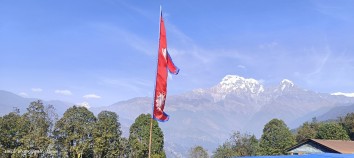
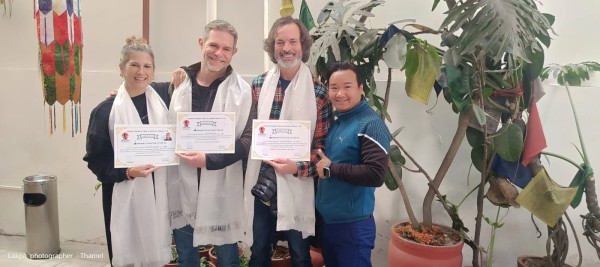
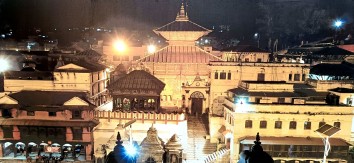
.jpg)
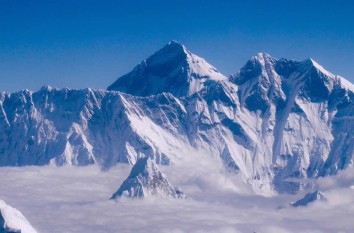
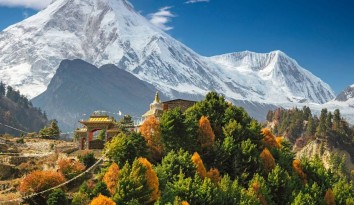
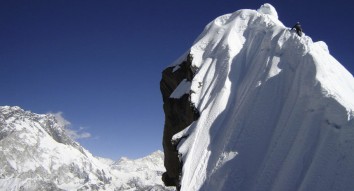
.jpg)
.jpg)
.jpg)


.jpg)



.jpg)

